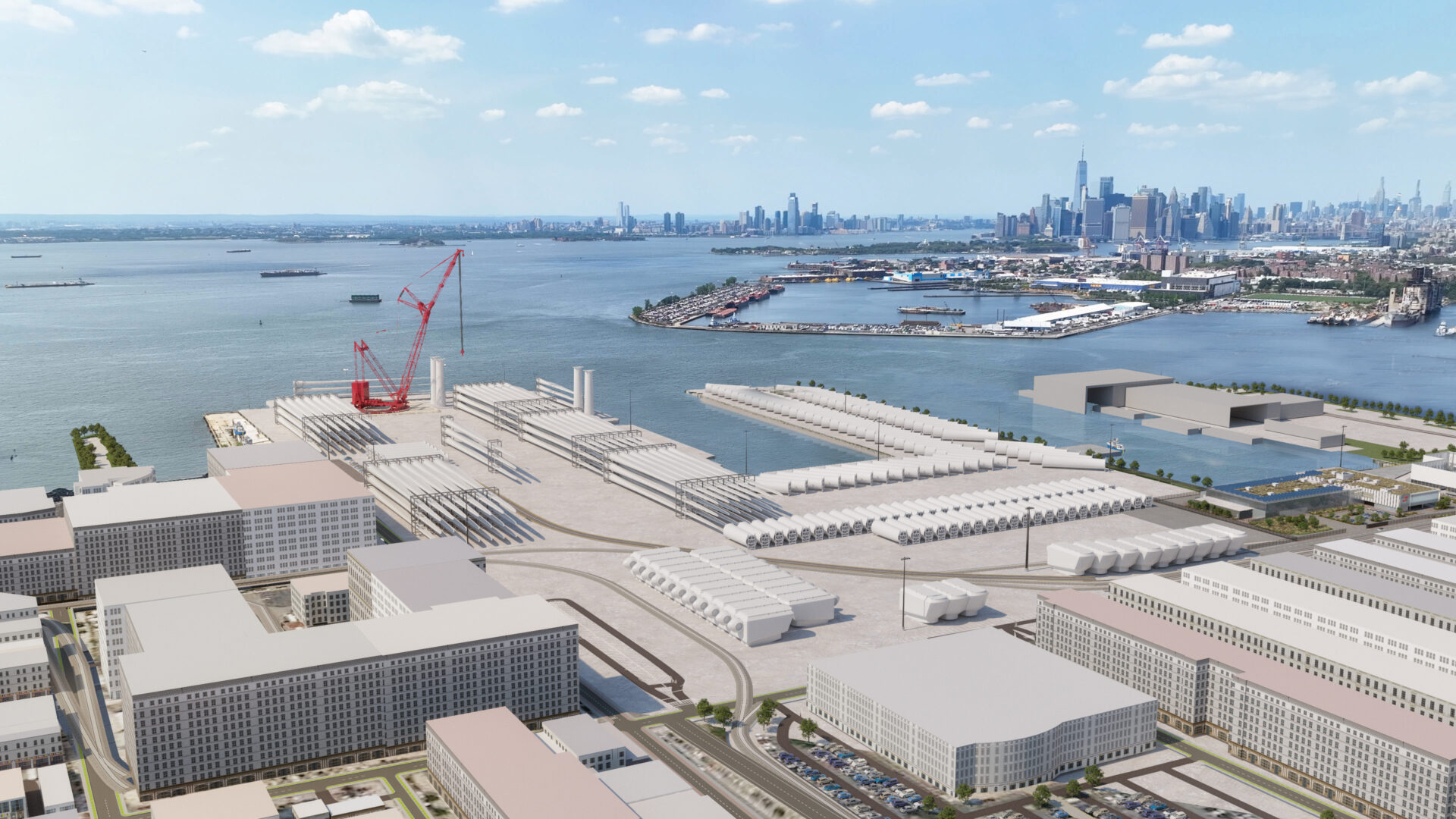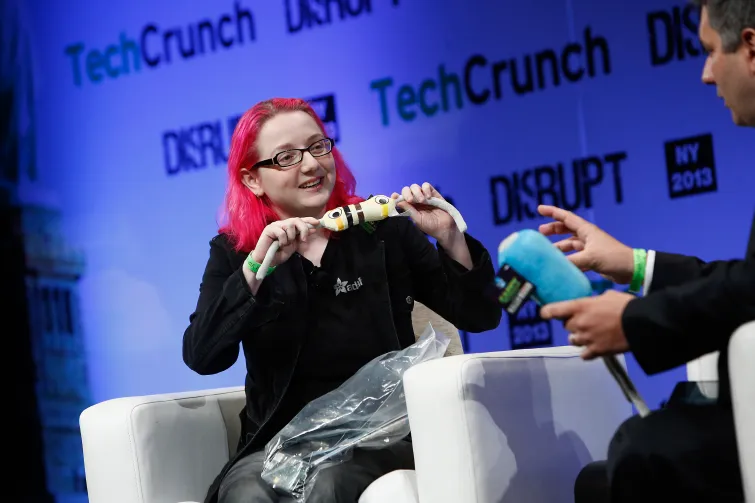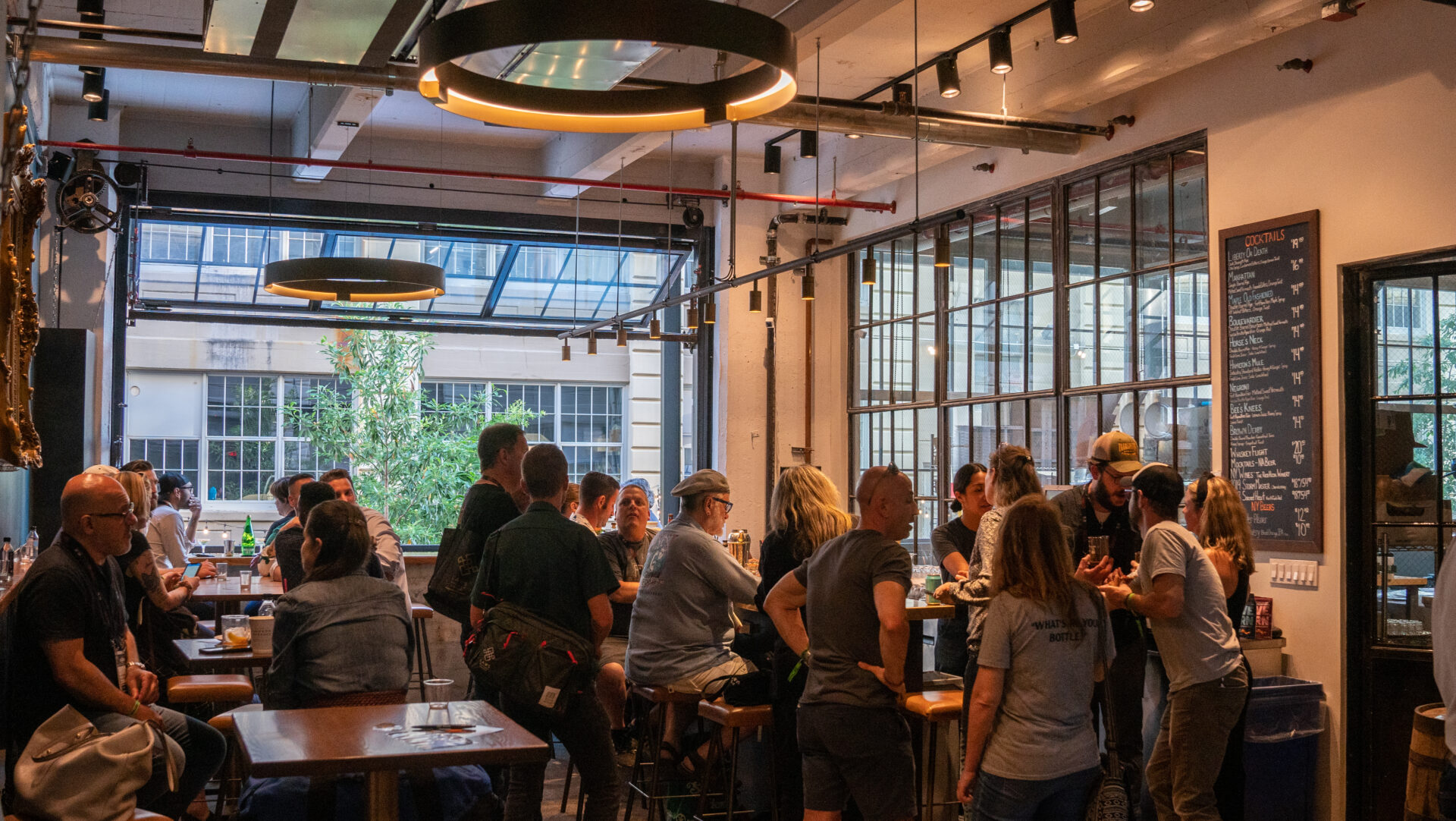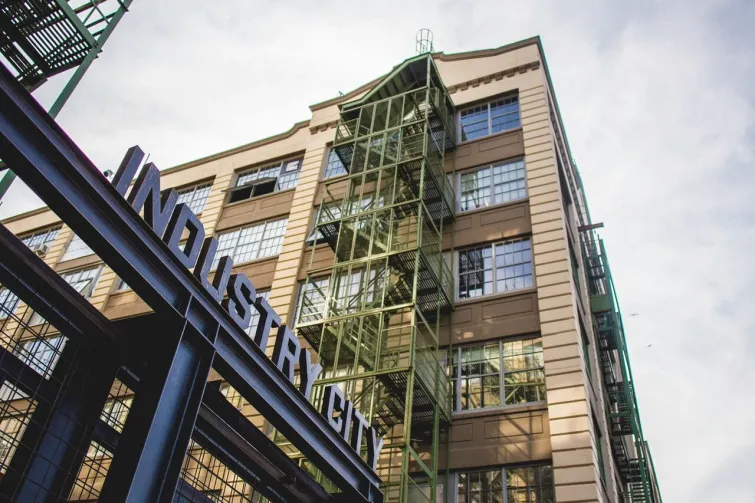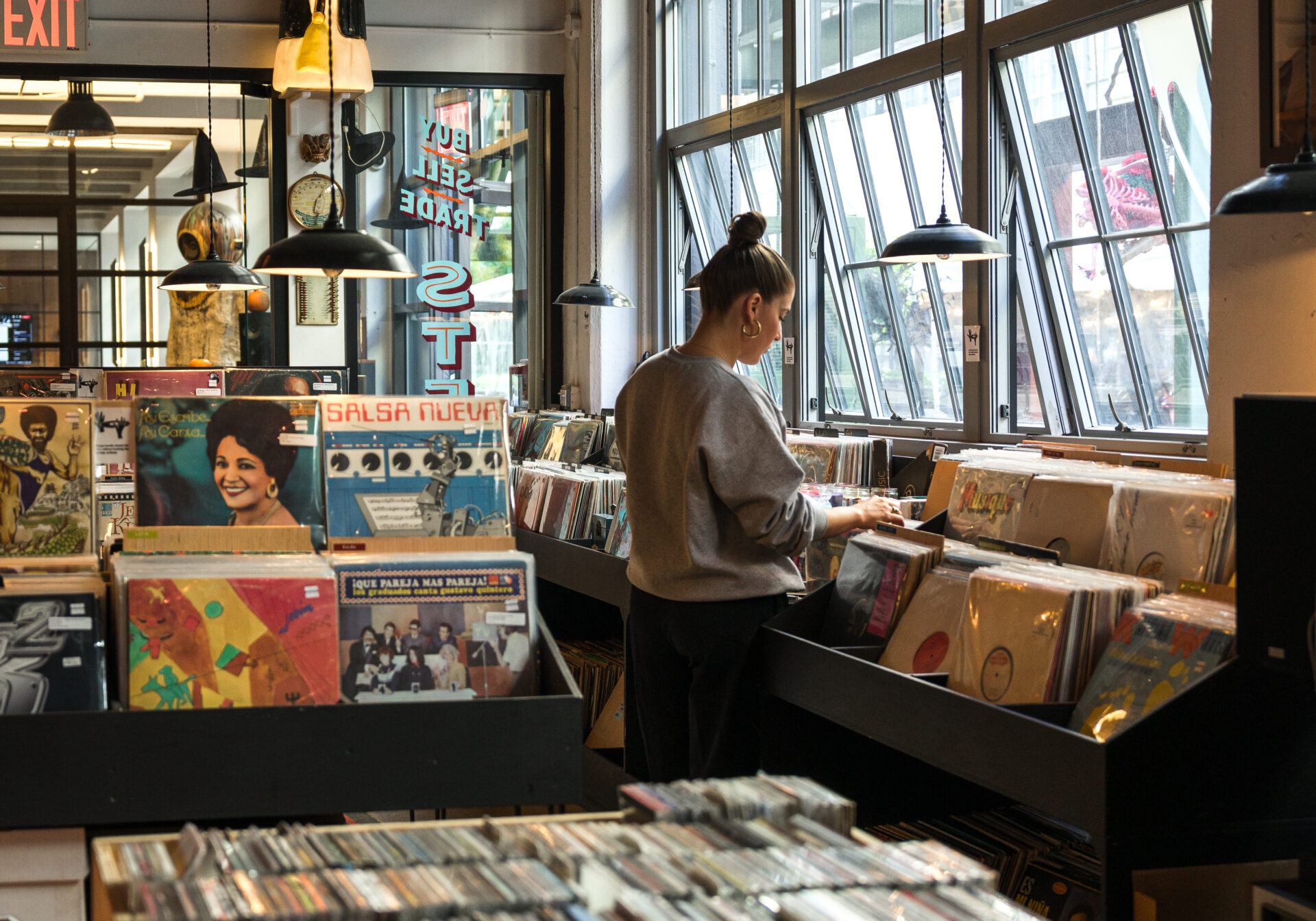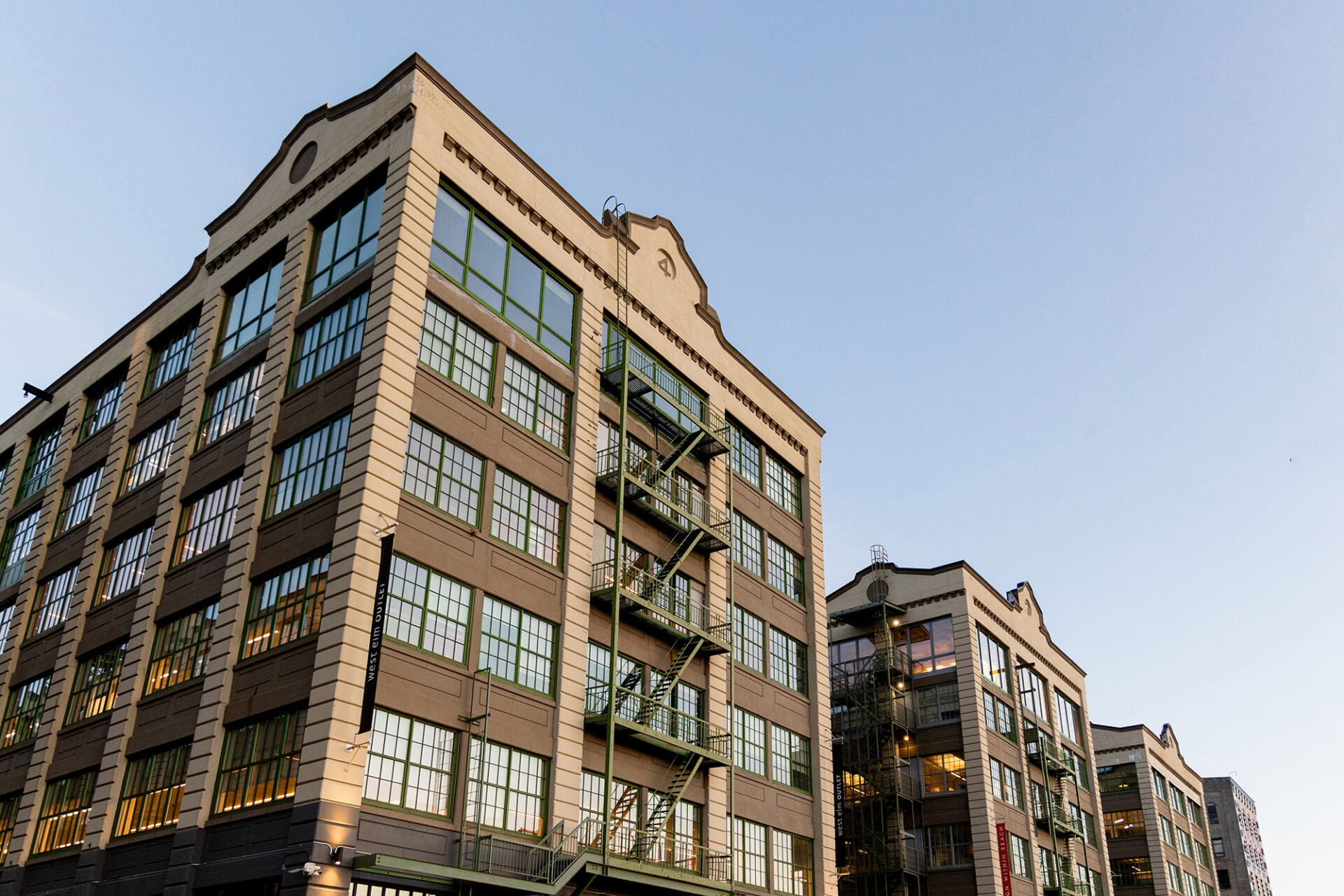Tony Yoshida, the Mysterious Man Behind Industry City’s Japan Village

When word got out last month that Angel’s Share might close after nearly 30 years, the city — or at least a very vocal slice that was devoted to artisanal cocktails — spun into a paroxysm of despair.
Social media was flooded with remembrances of the speakeasy, a softly lit cove of urbanity and elegance hidden in two rooms on the second story of an East Village building. “This hurts more than any other NYC closing I’ve heard in the past 10 years,” ran a typical tweet. Food-obsessed websites bemoaned the news.
In all of these lamentations, there was almost no mention of Tony Yoshida, the owner of Angel’s Share. Despite its outsize importance as a trailblazer in the craft cocktail movement, few, in this age of celebrity restaurateurs and bar owners, seemed to know who was behind the place; or that he was the same person who owned a string of Japanese-oriented businesses on the short, angled section of Stuyvesant Street — including the Sunrise Mart grocery, Panya Bakery and Village Yokocho, which acted as a portal to Angel’s Share.

Over the past 50 years, Tadao Yoshida, known as Tony, the mystery mogul of the East Village, has built a food-and-drink empire that few of his generation can rival. It all started in the early 1970s with the humble vegetarian-friendly joint Dojo and has expanded to include, most recently, the sprawling Japan Village food court in Industry City, Brooklyn. Mr. Yoshida helped teach New York that it couldn’t live without an authentic izakaya (something like a Japanese pub). And the cocktail revival of the aughts can be traced directly to Angel’s Share.
He also may very well be the man responsible for that ubiquitous ginger-carrot salad dressing found at every Japanese restaurant across America.
And he has somehow managed to do it all while never sitting down for a one-on-one interview, until now, or seemingly without sitting for a single photo. You will notice that there is no contemporary picture for this article, either. Despite repeated requests, Mr. Yoshida, 77, a fit man of medium height, with a full head of salt-and-pepper hair, gently refused to be photographed. “Maybe,” he said at one point, “if you make me look like Brad Pitt.” Ultimately, the answer was no.
“It’s not because he’s trying to be mysterious,” said Jim Somoza, managing director at Industry City, where Japan Village occupies 50,000 square feet of retail space. “This is just completely organic and natural.”
When Japan Village was opening in 2018, Mr. Somoza asked Mr. Yoshida to talk to the press. He declined, forcing Mr. Somoza to do most of the interviews. “He’s modest,” Mr. Somoza said. “I think he thinks it’s boasting.”
Suggest to Mr. Yoshida that he has been an innovative force in multiple culinary fields — vegetarian food, craft cocktail mixology, the explosion in Japanese-style cocktail bars and the spread of Japanese food culture of all kinds — and he will grimace and look pained. He can barely be made to even address such an idea.
He will allow that he had something to do with the ginger-carrot dressing so strongly associated with Dojo. He didn’t exactly invent it; others had done something similar. But he did toss it in a blender, lending it thickness. “Instead of a dressing,” he said, “it was more like a sauce.” Of the temple-of-mixology template he created with Angel’s Share, he eventually acknowledged, “There are bars who kind of copied our idea.”
One thing he will own up to is a career-long desire to bring Japanese culture to New York. But even then, he won’t call himself a leader in the Japanese-American food community. “No, I don’t think so,” he said. “I’m one of the members. But if they need help, of course I’ll step in.”
And yet his imprint on the city is undeniable.
“He basically invented our Little Tokyo in the East Village,” Mr. Somoza said. “That’s how that became a concentration of Japanese stores. Think about that. Who gets to create and shape a neighborhood in Manhattan?”

Now Mr. Yoshida’s Little Tokyo is gone. After nearly 30 years occupying the strip of low-slung buildings near Third Avenue, he has left or is leaving all the spaces, after negotiations failed with Cooper Union, which leases the buildings from their owners and had subleased them to Mr. Yoshida for decades.
Asked about the break, a spokeswoman for Cooper Union wrote in an email: “Unfortunately, the tenant informed us of their decision to vacate the property. They were not asked to move out, despite the fact that they haven’t paid any rent since 2020.” (Mr. Yoshida confirmed that, like many New York businesses that suffered through the pandemic, he did not pay rent from April 2020.)
“In the pandemic we could not do business, and I hoped they would give me some sort of break,” he said. Asked if there had been a rent hike, the Cooper Union spokeswoman wrote, “The formula for calculating rent on these properties has been in place for some 30 years and has never been changed.”
In stark contrast to his bereft customers, he seems calmly resigned to the situation. He still has a sizable — and growing — presence in Industry City. “I start to say, maybe, do I need to keep up with it?” he said. “Is it worth it to run the business? Or maybe, start to do a new venture again, even though I’m older now.”
Tadao Yoshida was born in Niigata, Japan, in 1945 and raised in Yokohama, outside Tokyo. Discouraged by the job situation in Japan, he wondered: “Maybe I should be born again? Start from scratch.” Though he spoke almost no English, he moved to New York in 1969. He was 24. He took classes in English as a second language at New York University, but tuition was costly and classes left him cold, so he opted for experience over education. In his first ventures into the food world, he was a dishwasher and sold barbecued chicken skewers from a pushcart.
In 1970, he found a job at a sweets shop called the Ice Cream Connection. The owner, often out of town, paid Mr. Yoshida $1.25 an hour and taught him to make the ice cream. Catering to the hippie crowd, the shop sold flavors with names like Acapulco Gold and Panama Red. To these, Mr. Yoshida started adding his own creations, green-tea and red-bean ice cream, rarities at that time. In these efforts to bring the flavors of his culture to the East Village, you can detect the origins of Dojo and everything else to come.
The East Village was dangerous then, and Mr. Yoshida was known to keep a long Japanese sword behind the ice cream counter for protection. A story goes that a young John Belushi, after seeing Mr. Yoshida chase away some troublemakers with the sword, was inspired to create his recurring samurai character on “Saturday Night Live.”
“People said that,” Mr. Yoshida admitted. “I’m not sure. After the samurai sketch, people said, ‘Tony, that’s you.’”
The sword was not his only weapon. Mr. Yoshida was an early adopter of martial arts, including karate and aikido, and he wore loose shoes as a young man in case those skills were ever needed.
“Someone tried to rob Dojo, with Tony standing there,” said Lorcan Otway, the owner of Theater 80 St. Marks, a bohemian institution a block from Dojo. “He stepped out of his shoes and began kicking so that his toe just touched his chin, driving the guy back onto the street where he had parked his getaway car, apparently. And Tony said: “You! Get in car! Drive away!”
Largely left in charge of the parlor, he began to add hot food to the menu, and the Ice Cream Connection morphed into Dojo, which opened at the height of the East Village’s rebirth as a counterculture mecca of music, art and theater. It fit right in. Generations of students and the health conscious have since feasted on its soy burgers, steamed vegetables and brown rice. Another Dojo opened a few blocks closer to N.Y.U. (Both are now closed.)
“I went to Dojo religiously,” said Robert Sietsema, the veteran food journalist whose knowledge of New York dining history is encyclopedic. “It was the only restaurant of that type that was worth eating at. Dojo was the only place that was Japanese and vegetarian.”
After Dojo, the story of Mr. Yoshida’s career followed a simple pattern over and over. When he noticed a food vacuum in New York, he filled it. Japanese groceries were largely unavailable, so he opened Sunrise Mart in 1995, carefully placing it on the second floor so customers, possibly wary of East Village street life, could shop in peace. “You went there and would find 30 kinds of miso,” recalled Mr. Sietsema. “Sunrise Mart is irreplaceable.”
Around the Clock Cafe was created in 1985 for the East Village’s blue-collar workers and nightlife denizens, who required meals at all hours of the day. Late-night diners, according to Mr. Sietsema, were actually rare at the time.
Mr. Yoshida, who paints in his spare time, would often design and help build these businesses, relying on how-to books to do electricity and plumbing. He does the same today, having helped build the businesses at Japan Village. Asked to rate his building skills, he would only go as far as “excellent handyman.”
Angel’s Share is Mr. Yoshida’s most significant venture by some distance. It was a direct influence on Sasha Petraske, the founder of the seminal cocktail den Milk & Honey, which in turn inspired dozens of bars around the world. It came about, prosaically enough, after Mr. Yoshida saw the 1988 Tom Cruise film “Cocktail.”
“New York City went crazy for that,” he said. Mr. Yoshida’s experiences in New York’s bars had left him feeling disappointed and anxious. Drinks were inconsistent; rooms were noisy and crowded. He sought to recreate the Japanese bar model of precision and decorum. Angel’s Share would have jazz; no parties larger than four people; smartly dressed bartenders. He even posted rules of etiquette near the door.
“If you have a completely closed bar, you have, I don’t know, kind of an elevator feeling,” he said. “When you open the door, it’s a different world. That’s what I was creating.”
Over time, the hive of Stuyvesant Street businesses came to function as a world unto itself, all within a few yards of one another and all of them interdependent. Ben Rojo, who tended bar at Angel’s Share from 2012 to 2017, remembers repairing to the Panya Bakery for breakfast after all-night cocktail “R&D sessions” in the bar. Sunrise Mart was crucial for sourcing rare Japanese ingredients, like rakkyo and kabosu, which ended up in cocktails.
“I suspect that he created the little empire because he was homesick and knew many homesick Japanese expats,” Mr. Sietsema said. Other businesses Mr. Yoshida opened over the years including Sunrise Marts in SoHo and Midtown; Kyo Ya, a sushi restaurant on East Seventh Street; Autre Kyo Ya on Stuyvesant Street; Typhoon Lounge, a restaurant on St. Marks Place; and Passport, a Mexican restaurant, which preceded Typhoon in the same space.
The cluster of these Japanese-style businesses on Stuyvesant Street came together organically over many years. Japan Village emerged nearly all at once.
Industry City is a sprawling waterfront warehouse complex in the Brooklyn neighborhood of Sunset Park, and in recent years the complex has become a hip shopping and dining hub.
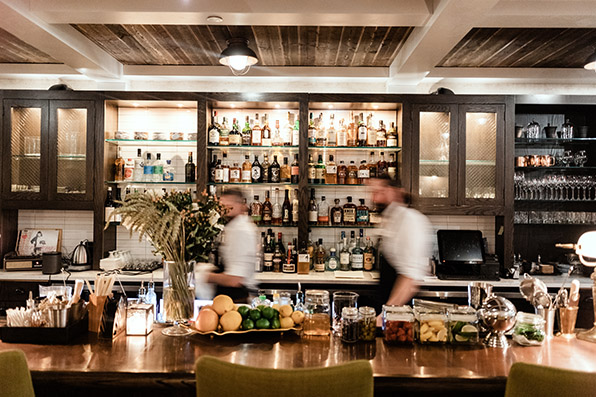
Alongside tech office spaces, artist studios and branches of everything from ABC Carpet and Home and Sahadi’s to Li-Lac Chocolates and St. Mark’s Comics, Mr. Somoza was looking to install a Japanese grocery. He asked his broker to call the one he knew about in Manhattan, which turned out to be Sunrise Mart. “I had never heard of Tony,” he said, echoing a refrain I repeatedly encountered when interviewing people for this article. But he did know all of Mr. Yoshida’s holdings. “I had heard of Sunrise Mart and Angel’s Share and Dojo and Village Yokocho.”
Mr. Yoshida was interested, but he wanted more than a Brooklyn outpost of the grocery store. He had some questions for Mr. Somoza. Could they do some prepared foods, Mr. Yoshida wondered? Sure. How about a restaurant? A bar? A liquor store that would cater to aficionados of sake, shochu and Japanese whiskey?
“One day he came to me and said, ‘I’ve always wanted to do something really big like this,’ because he wanted to bring true Japanese culture to the U.S. He never had a chance to do that in Manhattan because of rents.”
Japan Village, which opened in 2018, has, in addition to Sunrise Mart, several food stalls, serving everything from sushi to ramen, from soba and udon noodles to okonomiyaki, a savory Japanese pancake. There is also Oldies, a cocktail bar that acts as a Brooklyn rendition of Angel’s Share, and the full-service restaurant Wakuwaku. Mr. Yoshida, along with his daughter and son, owns all of them.

Mr. Yoshida is currently completing the second floor of Japan Village, which will feature hardgoods from small makers from Japan. Six months after the pandemic had temporarily shut down all Mr. Yoshida’s restaurants, Mr. Somoza found him at Industry City, doing electrical and mill work on the second floor.
“When I open any business,” said Mr. Yoshida, “I work maybe nine days a week, open to close, almost no sleep. That’s what you have to do with retail business.”
But while it does seem as if Mr. Yoshida is all business, all the time — “Definitely a workaholic,” said Erina Yoshida, his daughter, who helps run the businesses with her brother, Takuya — it’s obviously not only business to him. It is also a cultural mission.
This was apparent to anyone who has been in Mr. Yoshida’s professional orbit. Chikara Sono, who grew up in Sapporo, Japan, started working for Mr. Yoshida at Kyo Ya, which was awarded a Michelin star for several years running. Like any number of former Yoshida protégés, he has gone on to culinary success. He now is the chef at BBF, a Japanese restaurant on the Lower East Side of Manhattan. “The achievement of introducing Japanese culture not only to us Japanese but also to local people is very good for Japan and New York,” Mr. Sono said. “I think it had a big impact. And Tony still has a lot of ideas. I think his challenge is endless.”
And while Mr. Yoshida’s modesty would probably not allow him to accept the title of cultural ambassador, he still is eager, after a half-century, to do anything to further appreciation of Japanese culture in New York.
“I think it’s more how to survive in the United States, especially my people,” he said. He pointed out that Japanese immigrants had not historically enjoyed the cultural and commercial infrastructure that Chinese and Korean immigrants had in the city. “The Japanese people, they’re mostly first- or second-generation people. They don’t have a fundamental establishment. Why I’m doing this, if I can pursue this to be popular, maybe I can get help from lawyers and doctors and otherwise. Eventually, I’d like to open a Japan culture center, to communicate with the senior and young crowds. The dream is to have somebody or the government to help me.”
As for Angel’s Share, it served its last Harvest cocktail (lavender-infused Roku gin, grapefruit, lemon, honey, Galliano) on March 31. The lines stretched down the block until last call. Mr. Yoshida has given his daughter, Erina, his blessing to reopen the speakeasy when she finds a suitable location. She will be the bar’s sole owner when it does. Village Yokocho closed March 31, too, and the East Village Sunrise Mart last Sunday. Panya Bakery will continue for a month on a wholesale basis before it, too, closes. Stuyvesant Street, such a big part of Mr. Yoshida’s story, will soon be fully in the past.
“I am focusing on the future,” he said. “Whatever happened yesterday I try to forget. I move forward. My life so far, I don’t like to hesitate to step up. I have to see what I can do for my life until I step into the coffin.”
*This is an article from New York Times published on April 8, 2022; See the original article here.





